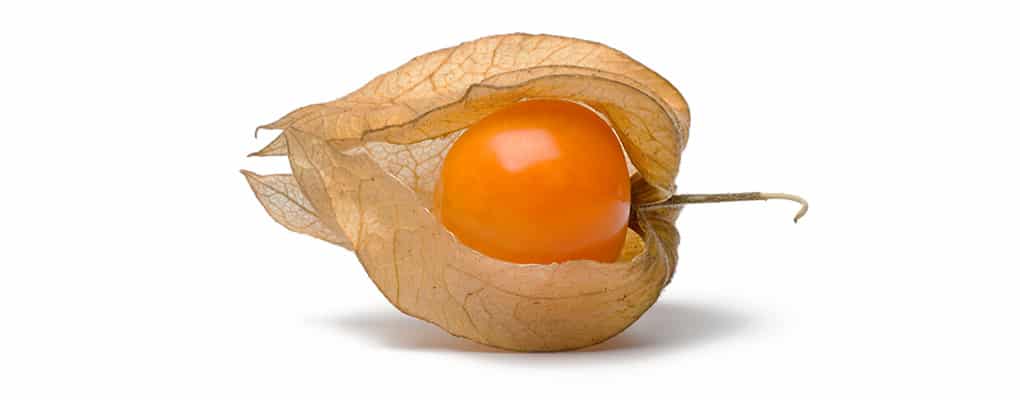What Ashwagandha Does For Your Health?

With its exotic name and a reputation for overall health especially boosting libido and increasing longevity, no wonder that Ashwagandha has captured the attention of the Indian public.
One of the best research in the early 2000s recommends that ashwagandha, sometimes called Indian ginseng, may be beneficial in treating cancer, boosting the immune system and taming stress.
As compared to all herbal medicines, ashwagandha should be utilized carefully, and only under the advice and supervision of your health-care provider.
Ashwagandha–Withania somniferum–is one of the members of the nightshade family that grows throughout the drier regions in Africa, from the Canary Islands, through India, the Middle East, and Sri Lanka.
In India, ashwagandha herb is a cultivated crop with an annual market for more than 9,000 tons of the dried root, according to the authors of “Medicinal Plants.”
